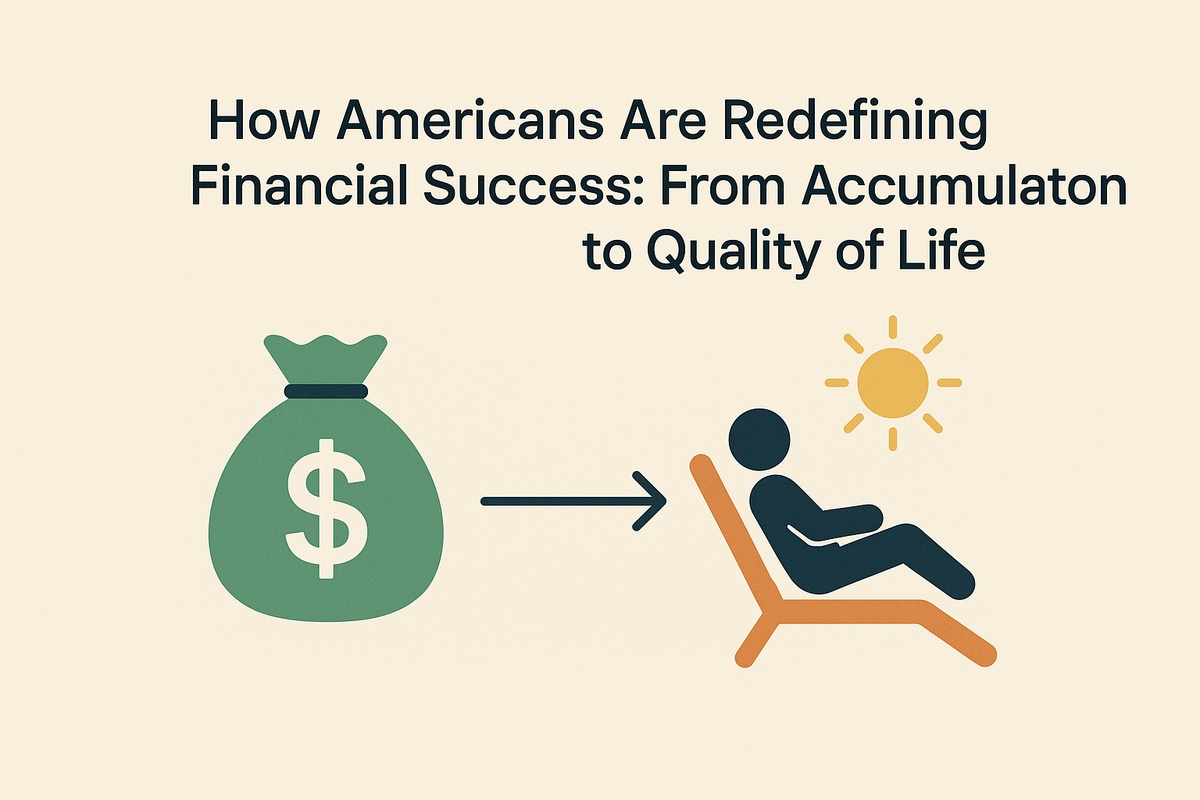For many students, financing college education can feel like a daunting task. Among the myriad of options, PNC Student Loans stand out as a popular choice. These loans are often considered by students seeking to bridge the gap between grants, scholarships, and personal savings. But like any financial decision, they come with their own set of advantages and pitfalls that need careful consideration.
Understanding both the benefits and the drawbacks is crucial before choosing PNC Student Loans to fund your education. This guide breaks down the essentials, helping you make an informed decision about whether or not this financial tool aligns with your educational goals and economic standing.
Benefits of PNC Student Loans

PNC Student Loans offer several appealing benefits for students. One of the primary advantages includes competitive interest rates. If you have a strong credit profile, you may qualify for lower rates, which can significantly reduce the overall repayment amount of your loan. Additionally, PNC provides various repayment options, allowing borrowers to choose plans that suit their financial circumstances.
Another notable perk is the absence of application fees and origination fees, which are common in other lending institutions. This means that the student is not burdened with upfront costs, ensuring that every dollar borrowed is devoted to tuition and education-related expenses.
Competitive rates and flexible repayment options
The competitive rates offered by PNC can be a game-changer for students who qualify for lower interest. This advantage means paying less money in the long run, contributing to reduced financial pressure post-graduation. Moreover, the flexible repayment options provide a cushion for graduates as they transition into their careers.
Borrowers can select from interest-only payments, full deferment, or immediate repayment plans based on their current and anticipated future financial conditions. This flexibility can help students manage other simultaneous financial commitments without crippling their financial well-being.
Challenges of PNC Student Loans
Despite their benefits, PNC Student Loans are not without challenges. One significant drawback is that these loans require a co-signer in many cases, particularly for undergraduate students. This can be a hurdle for those who do not have someone with a strong credit history willing to take on this responsibility.
Furthermore, unlike federal student loans, PNC loans do not offer income-driven repayment plans or the possibility of loan forgiveness after working in public service areas, which can be limiting for graduates who choose lower-paying careers post-graduation.
The importance of a solid financial plan
Creating a financial plan before committing to a PNC Student Loan is crucial. Assess your expected income post-graduation in comparison to your student debt to ensure that you can manage the repayments comfortably. Consider consulting with a financial advisor if you’re unsure about your projected income and expenses.
Additionally, explore options for scholarships, federal student aid, and other loans to ensure you’re not overlooking opportunities for better financial support. A diverse approach to funding can often mitigate the risks associated with relying heavily on private loans.
Weighing your options
In conclusion, PNC Student Loans can be an effective financial tool for some students, offering competitive rates and flexible repayment plans. However, the need for a co-signer and lack of federal loan benefits pose significant considerations that should not be overlooked.
It’s crucial to weigh these pros and cons against your personal circumstances, future career plans, and financial goals before making a decision. By doing so, you can ensure that your choice of a student loan contributes positively to your educational journey rather than posing greater challenges in the future.
You will be redirected to another page.



